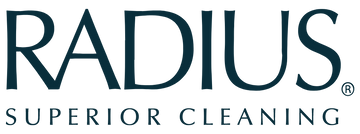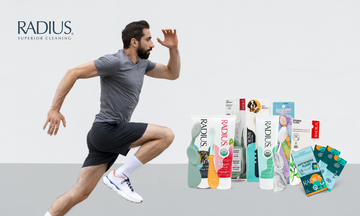Participating in sports and physical activities offers numerous benefits for overall health and well-being. However, athletes may face unique challenges when it comes to maintaining optimal oral health. From hydration issues to oral injuries, athletes need to pay special attention to their dental care routines. In this blog, we'll explore some special considerations and tips for athletes to ensure you maintain a healthy smile both on and off the field.
Hydration and Oral Health
Staying hydrated is essential for athletes to perform at their best, but it's also crucial for oral health. Athletes often rely on sports drinks to replenish electrolytes lost during exercise. While these drinks can be beneficial for hydration, they can also be high in sugar and acidic ingredients, which can contribute to tooth decay and enamel erosion.
Tip: Opt for water as your primary source of hydration whenever possible. If you do consume sports drinks, rinse your mouth with water afterward to help wash away sugars and acids. Additionally, consider using a fluoride toothpaste like the USDA Organic Mint Aloe Neem Toothpaste from RADIUS to strengthen enamel and protect against cavities.
Protecting Against Oral Injuries
Athletes participating in contact sports are at risk of oral injuries, including chipped or broken teeth, jaw fractures, and soft tissue damage. Wearing a mouthguard during sports activities can help protect against these injuries by cushioning blows to the face and preventing teeth from coming into direct contact with each other.
Tip: Invest in a custom-fitted mouthguard to ensure maximum protection and comfort. After each use, clean your mouthguard thoroughly with mild soap and water, and store it in a ventilated case to prevent bacterial growth. Additionally, be sure to replace your mouthguard if it becomes worn or damaged.
Maintaining Oral Hygiene On the Go
Athletes are often on the move, traveling to competitions and training sessions. Maintaining a consistent oral hygiene routine can be challenging in these situations, but it's essential for preventing dental problems like cavities and gum disease.
Tip: Pack a travel-friendly toothbrush like the Tour™ Travel Brush from RADIUS in your gym bag or travel kit. This compact toothbrush features a unique 2-in-1 hideaway design that acts as both a toothbrush and travel case, making it convenient to take with you wherever you go. Pair it with the USDA Organic Mint Aloe Neem Toothpaste for a refreshing clean on the go.
Managing Dry Mouth
Intense physical activity can lead to dehydration, resulting in reduced saliva production and dry mouth. Dry mouth not only feels uncomfortable but can also increase the risk of cavities and oral infections.
Tip: Stay hydrated by drinking plenty of water before, during, and after exercise. Chewing sugar-free gum or sucking on sugar-free candies can also help stimulate saliva production and alleviate dry mouth symptoms. Additionally, consider using a toothpaste like the USDA Organic Clove Cardamom Toothpaste from RADIUS, which is gentle on sensitive teeth and gums.
Regular Dental Check-ups
Regular dental check-ups are essential for athletes to monitor their oral health and address any issues promptly. Schedule biannual dental appointments for cleanings, examinations, and screenings for oral health problems like cavities, gum disease, and oral cancer.
Tip: Prioritize your dental health by scheduling dental appointments well in advance and making them a priority, even during busy training and competition schedules. Your dentist can provide personalized recommendations and interventions to keep your smile healthy and strong.
In conclusion, athletes face unique challenges when it comes to maintaining oral health, but with proper care and attention, they can enjoy a healthy smile both on and off the field. By following these tips and incorporating products like those offered by RADIUS into your oral care routines, athletes can protect their smiles and focus on achieving their performance goals. Remember, a healthy mouth is essential for overall well-being, so prioritize your oral health as part of your training regimen.

